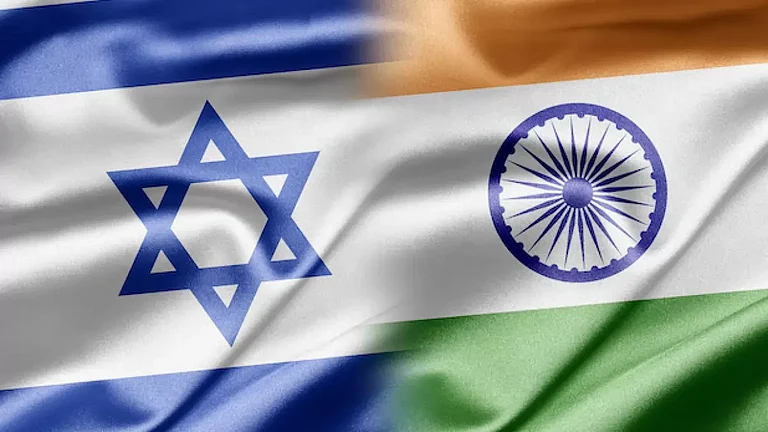Negotiations for the proposed free tarde agreement between India and the EU are progressing well, but differences still need to be ironed out in certain areas such as steel, automobiles and non-tariff barriers, a senior official said on Monday.
Senior officials from India and the 27-nation European Union (EU) last week concluded the 14th round of talks for the agreement in Brussels.
The five-day talks began on October 6 to iron out differences on different issues related to goods and services for the early conclusion of the negotiations.
"Talks are progressing well. There are issues which need resolution such as steel and automobiles. No major issue is pending in agri," the official said.
The Indian negotiators were later joined by Commerce Secretary Rajesh Agrawal in the closing days of the round for providing a push to the negotiations.
Agrawal held discussions with European Commission Director General for Trade Sabine Weyand during the visit.
The official also said Commerce and Industry Minister Piyush Goyal is expected to visit New Zealand for trade talks.
The third round of negotiations for the India-New Zealand Free Trade Agreement (FTA) concluded on September 19 in Queenstown, New Zealand.
In June 2022, India and the EU bloc resumed negotiations for a comprehensive FTA, an investment protection agreement and a pact on geographical indications after a gap of over eight years. It was stalled in 2013 due to differences on the level of opening up markets.
Besides demanding significant duty cuts in automobiles and medical devices, the EU wants tax reduction in other products like wine, spirits, meat, poultry, and a strong intellectual property regime.
Indian goods' exports to the EU, such as ready-made garments, pharmaceuticals, steel, petroleum products, and electrical machinery, can become more competitive if the pact sails through.
The India-EU trade pact negotiations cover 23 policy areas or chapters, including trade in goods, trade in services, investment, sanitary and phytosanitary measures, technical barriers to trade, trade remedies, rules of origin, customs and trade facilitation, competition, trade defence, government procurement, dispute settlement, intellectual property rights, geographical indications, and sustainable development.
India's bilateral trade in goods with the EU was USD 136.53 billion in 2024-25 (exports worth USD 75.85 billion and imports worth USD 60.68 billion), making it the largest trading partner for goods.
The EU market accounts for about 17 per cent of India's total exports, and the bloc's exports to India constitute 9 per cent of its total overseas shipments.
In addition, the bilateral trade in services between India and the EU was estimated at USD 51.45 billion in 2023.































